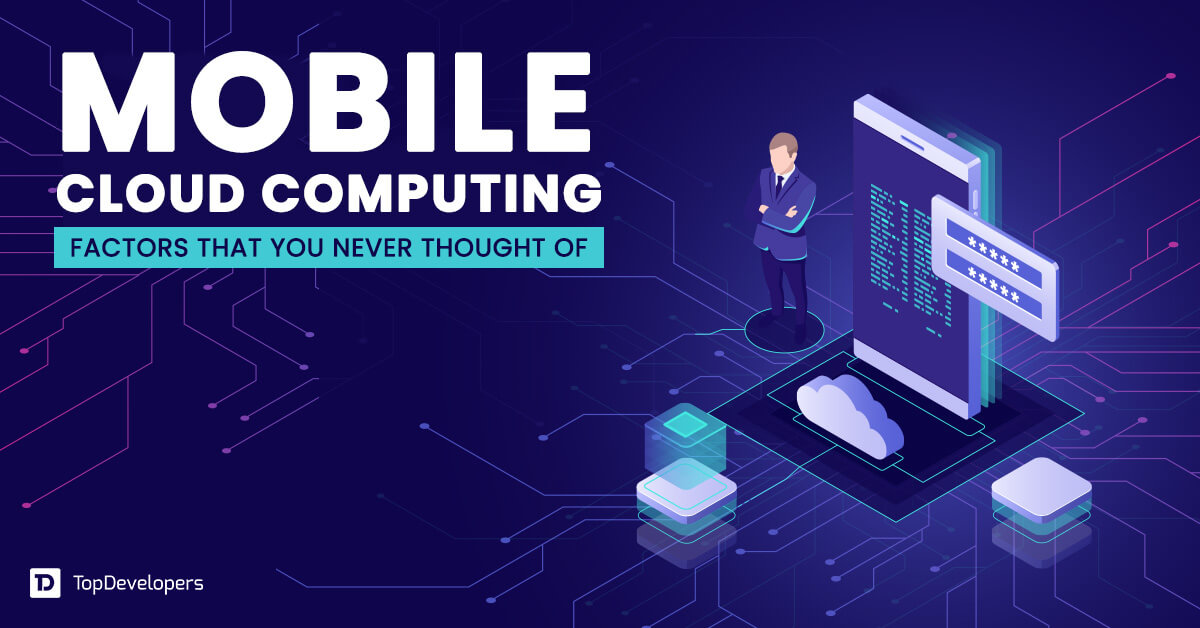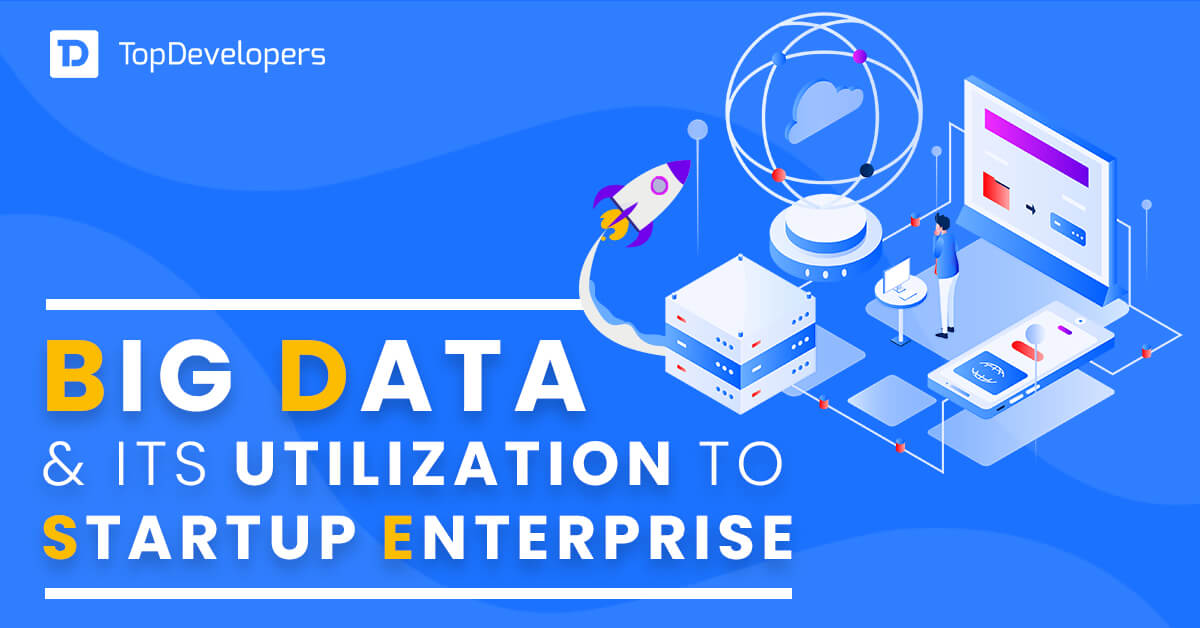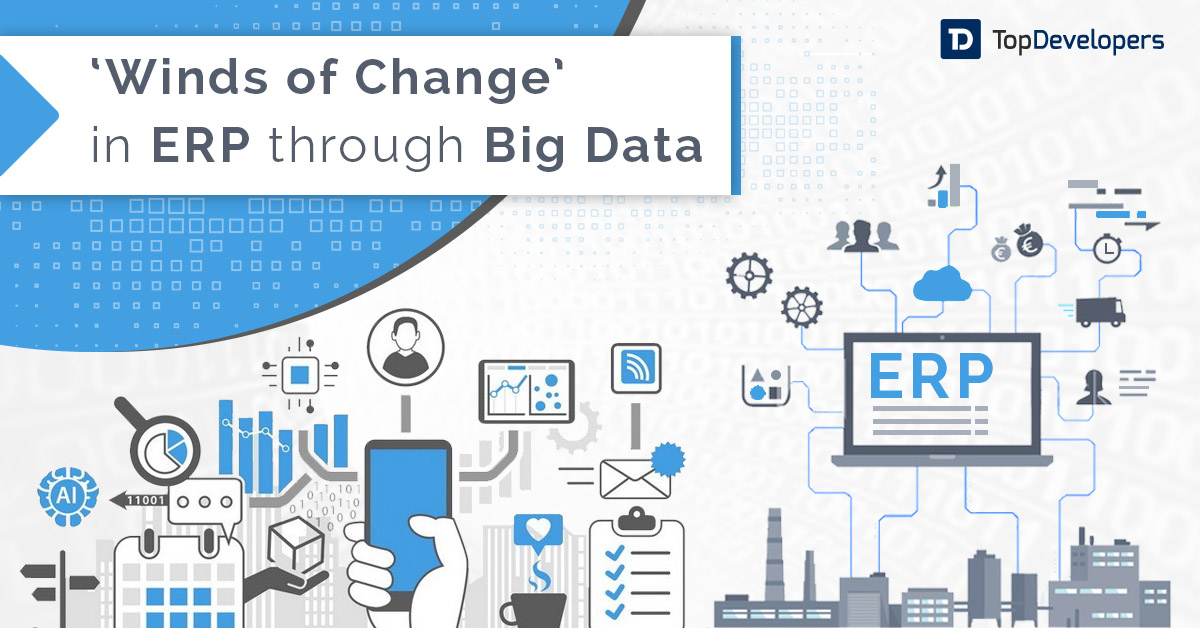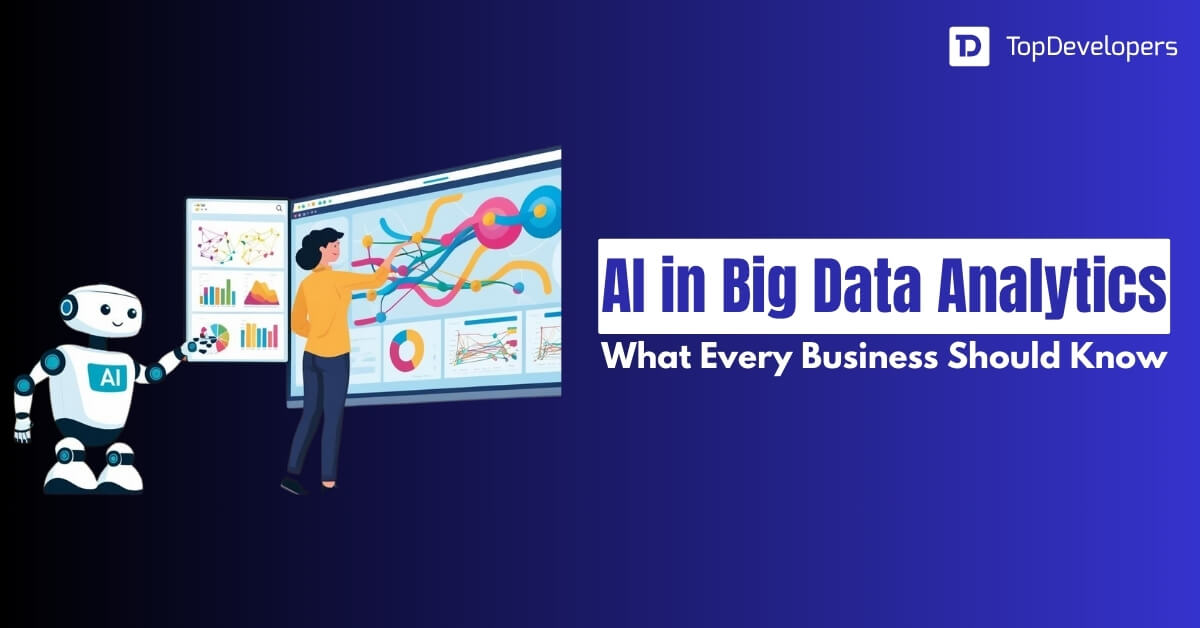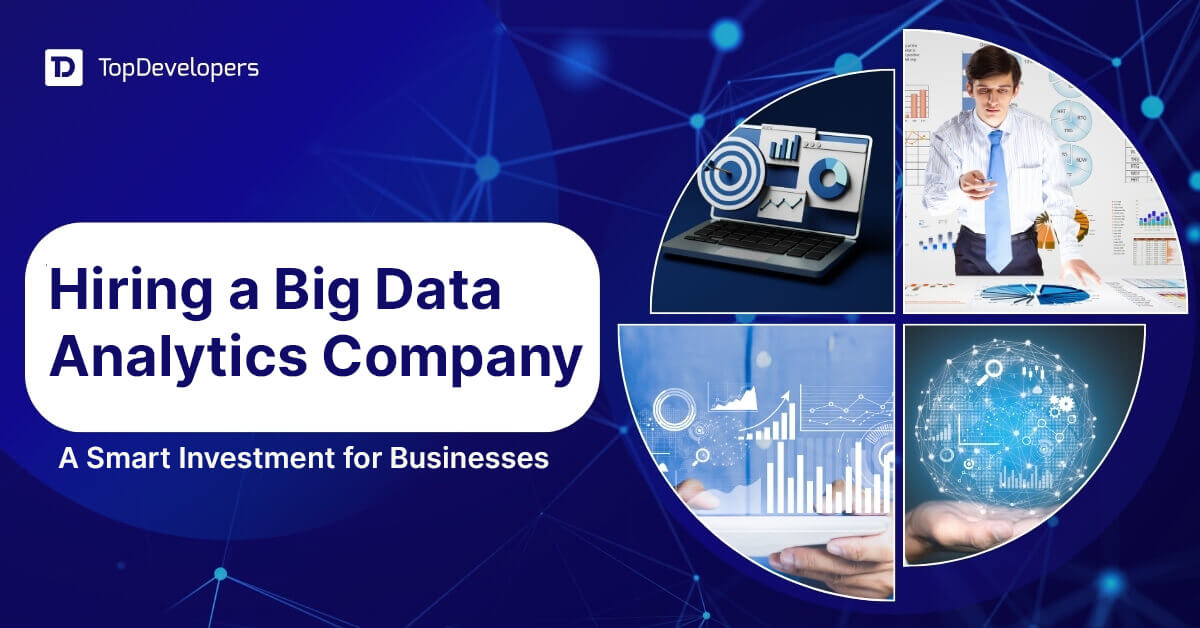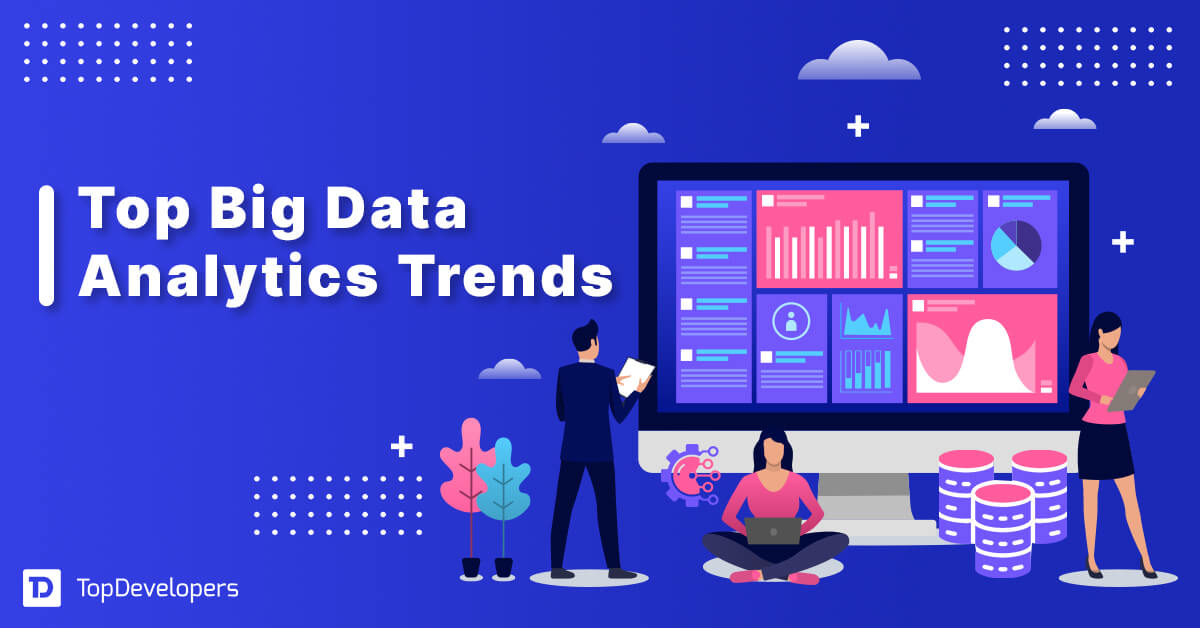
Before big data and cloud computing technology made inroads into the business landscape, organizations sought ways to handle the continuously increasing data and get insights out of the data. The one-two-punch technologies have brought massive changes across the universe with their limitless potential. Now, barely any industry is left untouched by technology’s benefits.
Let’s understand these technologies- Big data and Cloud computing in brief
Big data technology organizes the massive influx of unstructured data in an arranged manner, an ongoing process that never stops. The collected data in possession will become significant to the businesses only when they can derive value from the data. Here, big data analytics plays a vital role in gaining insights from the data.
Businesses want to derive integrated value from the data scattered across various sources and databases. That’s where cloud computing helps analyze big data in volume, variety, and veracity.
Table of Contents
What is the relationship between Cloud Computing and Big Data?
Big data and cloud computing are interrelated technologies that complement each other. Cloud computing provides the infrastructure, resources, and tools necessary to store, process, and analyze big data efficiently and cost-effectively.
As businesses deal with ever-growing volumes of data, the synergy between big data and cloud computing becomes increasingly essential for driving innovation, data-driven decision-making, and gaining competitive advantage. It has rewarded the adopters with tremendous benefits. Google, Facebook, YouTube, and other social media giants have perfectly leveraged the technology and considered the latest big data analytics trends to understand user behavior, increase user retention, and improve the bottom line.
For instance, cloud service providers offer machine learning and AI services that businesses leverage to develop predictive models and gain insights from big data. These services often include pre-trained models and tools that act on big data to provide meaningful data.
Let’s see how the endless possibilities created by big data and cloud computing bring measurable advantages to the table:
8 Benefits of Using Big Data and Cloud Computing for Businesses
Big data and Cloud computing can have a transformative impact on businesses in various ways. They are offering immense opportunities that help businesses cherish a range of benefits.
Making the business agile
The obsolete trend of storing and maintaining the data on the local servers by setting up the infrastructure is expensive, time-consuming, and inefficient. It takes a couple of weeks to build, install and run the server from scratch. Plus, increasing the storage capacity is quite a task when the amount of data grows. The lack of flexibility replaced the traditional infrastructure with the cloud-based infrastructure that’s agile, scalable, and reliable.
The cloud platform can be built in a day and eliminate the need to store and maintain the data, which, in turn, cuts down the cost associated with infrastructure development and its maintenance. When it comes to dynamically expanding or reducing the storage capacity, the cloud offers a flexible option that allows organizations to update the system easily to accommodate the data according to storage needs.
That’s why global cloud application buyers cite cost, innovation, and agility as significant factors for adoption. It enables rapid development and deployment of new applications and services that allow businesses to experiment and quickly bring products to the market.
Continuous Data analysis
The old-school batch processing technique works no more because it’s an age of real-time execution where the customers expect everything in a split second. Big data analytics in cloud computing makes it possible with predictive analysis that enables businesses to forecast trends, demand, and potential issues, allowing for proactive strategies and risk mitigation.
Social platforms and online retail are making optimum use of big data and cloud computing for identifying users’ preferences, understanding the changes in their behavior and then targeting them accordingly. It’s feasible only when the data analysis, processing, and execution occur at speed.
Improved productivity with rich customer insights
Big data solutions collect and aggregate data from diverse sources, including websites, mobile apps, social media, customer interactions, etc. Cloud computing platforms integrate data from multiple touchpoints that help businesses comprehensively view customer interactions and behaviors. Real-time data processing becomes a boon for businesses.
Big data analytics companies help businesses personalize customer experiences with rich insights from big data analytics engines. Businesses can deliver tailored content, recommendations, and offers by understanding customer preferences, increasing customer engagement and satisfaction.
Additionally, combining big data analytics with cloud resources for customer journey mapping allows businesses to identify touchpoints and pain points. It helps optimize the customer experience and address pain points more effectively.
Inexpensive approach for saving more
Cloud computing enables businesses to reduce infrastructure costs by outsourcing their computing and storage needs to cloud service providers. It eliminates the need for large capital investments in building data centers and creating on-premises hardware with flexible, pay-as-you-go pricing models offered by cloud service providers.
The organizations only have to pay for the storage space and power consumption with zero expenditure on buying various types of equipment, cooling machines, and ensuring security. Also, the in-house computer equipment for file storage, data backup, and software programs will be free and can be used for other important work. When businesses consider cloud computing service providers, the integration becomes easier.
Not to forget, the cloud offloads IT management tasks, such as hardware provisioning, maintenance, and software updates, which reduces the burden on internal IT teams and allows them to focus on strategic initiatives.
It’s 100% secure- no one can inject malware!
Increasing cyberattacks deter organizations from rolling out digital transformation everywhere. Security has become a prime concern for organizations as not going digital inhibits their growth. That’s where cloud computing stands out as the safest solution.
The reason is the data stored on the cloud servers is not controlled by any enterprise; offsite servers need security measures, powerful firewalls, and robust authentication system integration. Additionally, internal security experts’ threat analysis and data management 24/7 ensure the data remains safe.
Heavy investment in security measures and compliance certifications by cloud providers helps businesses handle sensitive or regulated big data. Thereby ensuring data security and compliance with industry-specific regulations.
Ensure business continuity
Unexpected hardware failures, data corruption, or other disasters are unhealthy for business growth and reputation. Big data and cloud computing rescue businesses with robust data backup, disaster recovery, and redundancy solutions to ensure business continuity. Data security solutions such as automated data backup and replication services allow businesses to regularly back the data to remote cloud servers. Businesses can quickly recover their data from these backups in case of data loss.
The data replication across multiple data centers in different geographic regions ensures that when any data center experiences an outage or disaster, data remains accessible from another location. It minimizes downtime and data loss.
High scalability
Businesses need to adapt and expand their operations, resources, and infrastructure to accommodate the growing demands of customers and the market. Thankfully, cloud computing platforms provide businesses with on-demand access to computing resources that businesses can scale up or down as needed. Businesses can instantly request additional resources during peak periods and release them during periods of lower demand.
Cloud services offer elasticity wherein resources are automatically adjusted to match workload requirements. For example, an e-commerce store can handle increased traffic during a holiday sale without manual intervention. Many third-party services and APIs in the cloud ecosystem allow businesses to leverage them to enhance their scalability. These services range from Artificial Intelligence and Machine Learning to content delivery networks and database solutions.
Create a competitive edge
Big data and cloud computing are providing everything to businesses. They are improving productivity, increasing process efficiency, uplifting security, enhancing customer experience with real-time data analysis, and responding to changing market trends instantly.
Besides, loads of data unfold ample opportunities to identify the inefficiencies, hiccups in the processes, and under-utilized resources that help remove unnecessary things. In this manner, the enterprises can make the most out of the available resources and step in with the dynamic needs of the customers and market, thereby leapfrogging the competition become a natural phenomenon.
Ready to transform your business with Cloud Computing and big data?
98% of enterprises store at least some of their data on the cloud. Typically, 60% of all enterprise data is in cloud storage, more than 30% in 2015. And up 10% from 2021. Gartner says more than half of enterprise IT spending in key market segments, around $1.8 trillion, will shift to the cloud by 2025.
It indicates that businesses are taking the union of big data and cloud computing seriously to bring unprecedented agility, improve collaboration, introduce high responsiveness, add elasticity, and enable smart decision-making, which ensures epic success. An endless list of foremost players has made the mark by embracing big data and cloud technology.
It’s clear. The powerful duo can convert the river of data into a goldmine, and certainly, your enterprise also has loads of data that are never analyzed, or perhaps, it’s under-utilized. If so, why not benefit by deriving the actual value out of the data? Let’s maximize the advantages by embracing game-changing technology!
Rebecca Harrison combines her love for emerging technologies with her ability to explain them in clear, concise terms. With expertise in blockchain, IoT, cloud computing, big data, and cryptocurrency, Rebecca’s articles are essential reads for tech-savvy audiences. She has worked closely with tech startups and established companies to explore the potential of these transformative technologies.
